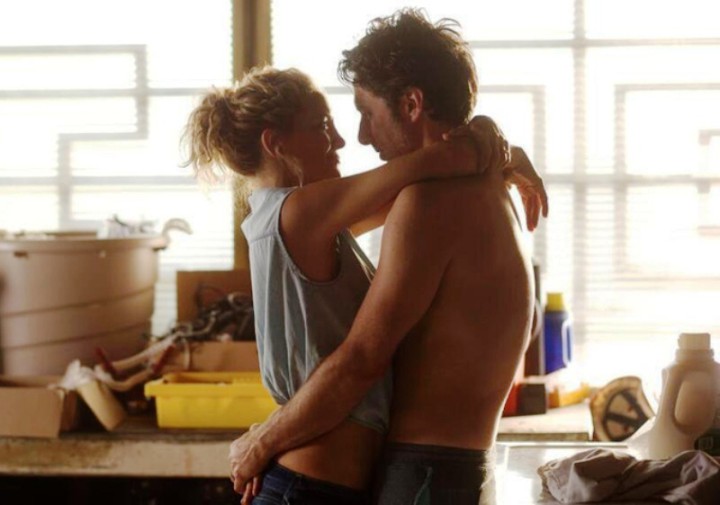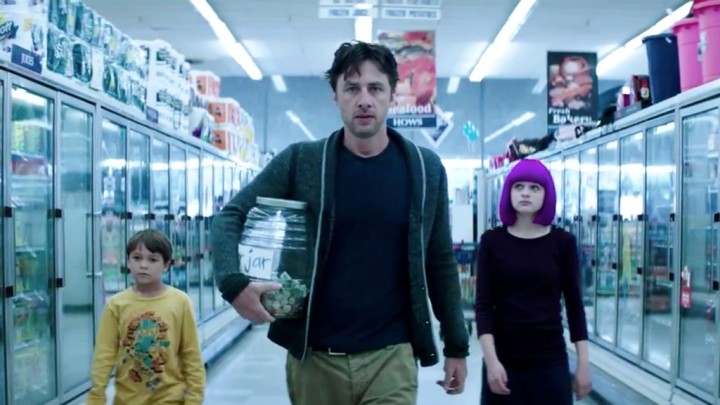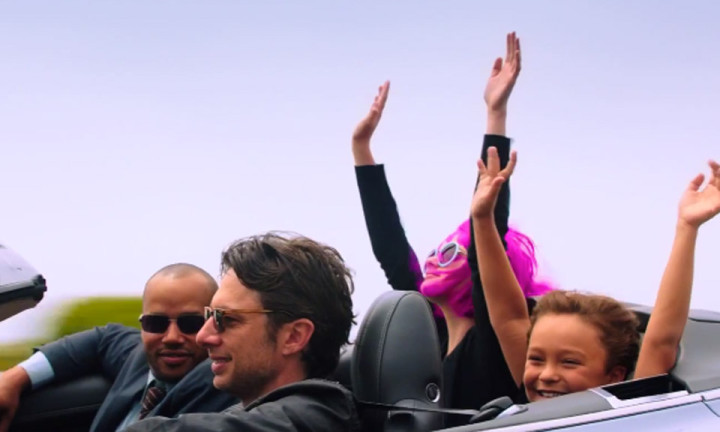I’ll admit that — at least when it was released in 2004 — I liked Zach Braff’s directorial debut Garden State. Looking back, it is among the key examples of mid-Aughts indie filmmaking. It’s a movie heavy in quirk and sentimentality. Ten years later, Braff’s second film, Wish I Was Here, has finally surfaced, and it’s very reminiscent of Garden State, a film where every character has an idiosyncratic nature and a vaguely profound thing to say at any moment.
The problem is that it’s 2014, not 2004, and this kind of whimsical indie comedy simply feels dated. It’s a style of filmmaking, writing and characterization that long ago went out of style, and it’s one that doesn’t translate well to today. That is not just because it’s past its expiration date, but because it’s basically Garden State Redux. Where Braff’s first film is a story of a 20-something coming of age, it doesn’t transfer in any meaningful way to a 30-something coming of age, making Wish I Was Here feel at best naive and at worst insufferable.
Braff plays Aidan, who, like his character Andrew in Garden State, is an actor, but just barely. He spends his days going to auditions and generally failing at making a career out of his trade, while his wife (Kate Hudson) works a mind-numbing office job for the water department, and his father (Mandy Patinkin) pays for his kids (Joey King and Pierce Gagnon) to go to a Jewish private school. When his father’s cancer comes back and sends him toward death, it plunges Aidan’s life into a tailspin, but not in any emotional or meaningful way (at least not at first). His father’s cancer treatments mean no more private school payments. And this means Aidan’s kids might have to go to (cue ominous music) public school.
This is about the time we start to see how vapid this man is. He’s pursuing his dream of becoming an actor, but he can’t bother to get even a part-time job? He’s so scared to death of public schooling that he half-asses his way through home schooling his kids (this eventually turns into him pushing the kids into manual labor and odd jobs around the house). All of this is supposed to show how tough Aidan’s life is — with his suburban home, his beautiful wife and intelligent kids. His only problem is his inability to grow up and get his shit together. It’s an existential crisis wholly removed from actual human feeling.
All of this is set up so the movie can take an abrupt turn as Aidan and the rest of the cast learn to grow in very obvious, very convenient ways. This is mostly achieved through bits of dialogue that are meant to sound profound and wise but come off as cornball hokum, where people learn important lessons from the self-help tidbits and mildly philosophical musings of the band of goofballs. I realize this is a movie, and movies are inherently far-fetched, often unrealistic and deserve a certain amount of suspension of disbelief. But Braff’s idea of emotional and personal growth is so shallow and unworkable that the movie simply feels insincere and improbable — with its concept of the human condition boiled down to little more than bumper sticker slogans. The emotional response Braff so desperately wants is drowned out by the noisiness of his thematic style, from the overt, aggressive quirkiness of the characters to a soundtrack that’s mostly a collection of today’s flaccid, dullest indie rock. I understand his goals in theory, but the assembled whole of Wish I Was Here just makes me roll my eyes. Rated R for language and some sexual content.







Gone come Friday.